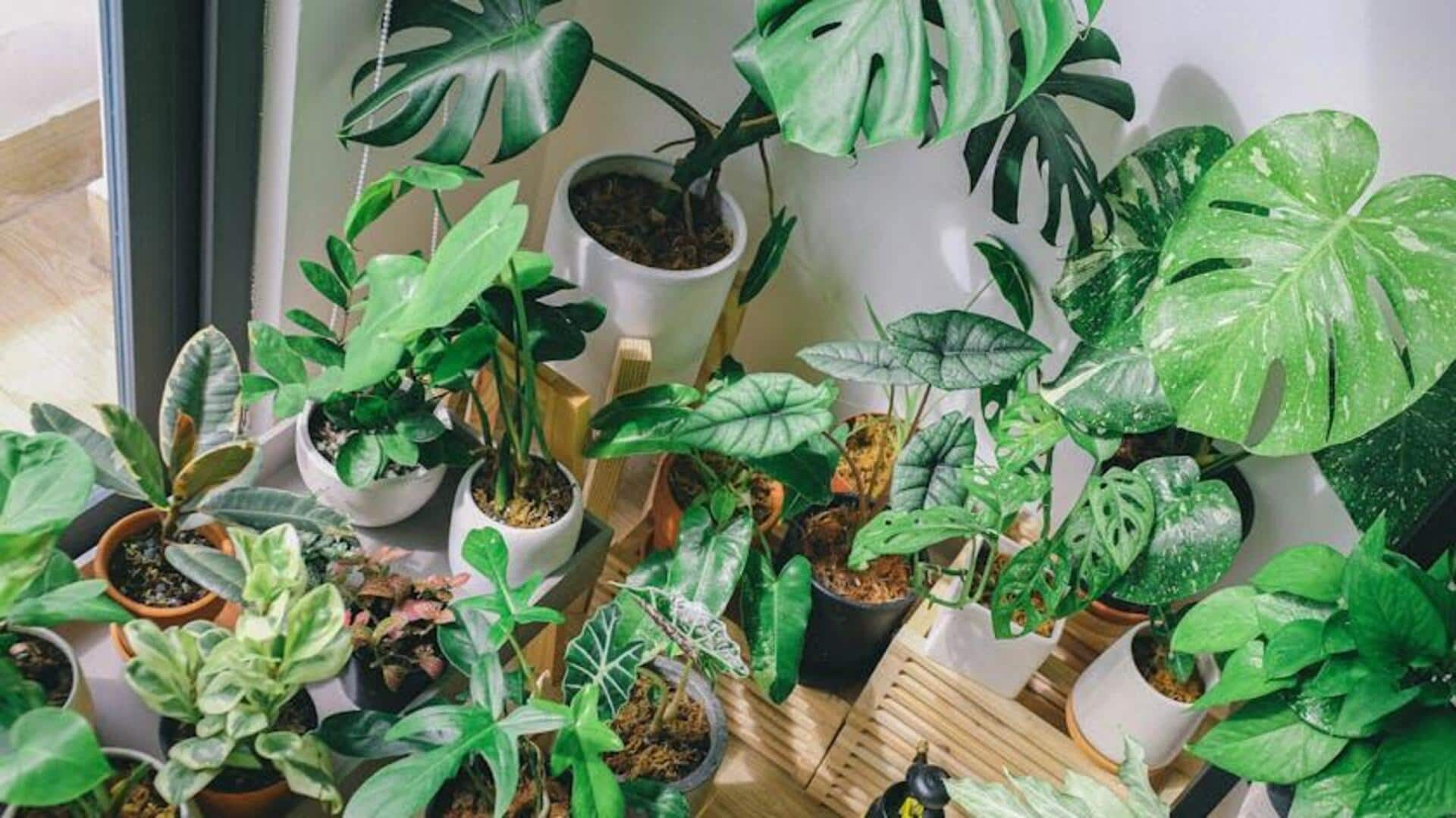
Struggling houseplants? This trick might fix them
What's the story
Tomato plants are a go-to for home gardeners, but they can also be prone to a number of diseases and pests. One weird trick to keep these plants safe is by using crushed aspirin tablets. The method is based on the notion that aspirin can strengthen the plant's immune system and allow it to combat possible threats. Here's how you can use it.
Plant health
Understanding aspirin's role in plant health
Aspirin has salicylic acid, a compound that is important for plant defense mechanisms. When used on tomato plants, it can simulate the natural signals that activate the plant's immune response. This way the plant prepares itself from potential attacks from pathogens or pests. By boosting this natural defense system, aspirin may lead to healthier and more resilient tomato plants.
Application method
How to apply crushed aspirin tablets
To employ aspirin on your tomato plants, dissolve one or two crushed tablets in roughly four liters of water. Water your tomato plants with this solution every two weeks during their growing season. Water at the base of every plant for even distribution. This way, salicylic acid is absorbed gradually through the roots. It encourages overall plant health without overwhelming them.
Benefits
Potential benefits for tomato plants
Using crushed aspirin tablets may offer several benefits for tomato plants beyond disease resistance. Some gardeners report improved growth rates and increased fruit production when using this method regularly. The enhanced immune response triggered by salicylic acid could lead to stronger stems and healthier foliage as well.
Precautions
Precautions when using aspirin on plants
While using aspirin can be beneficial, don't overdo it. Excessive amounts might harm your plants instead of helping them thrive. This is because the acidic nature of aspirin affects soil pH levels adversely if used excessively. Stick with recommended dosages mentioned earlier, and monitor any changes closely after application. If you notice negative effects like yellowing leaves, reduce frequency immediately.